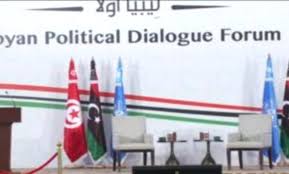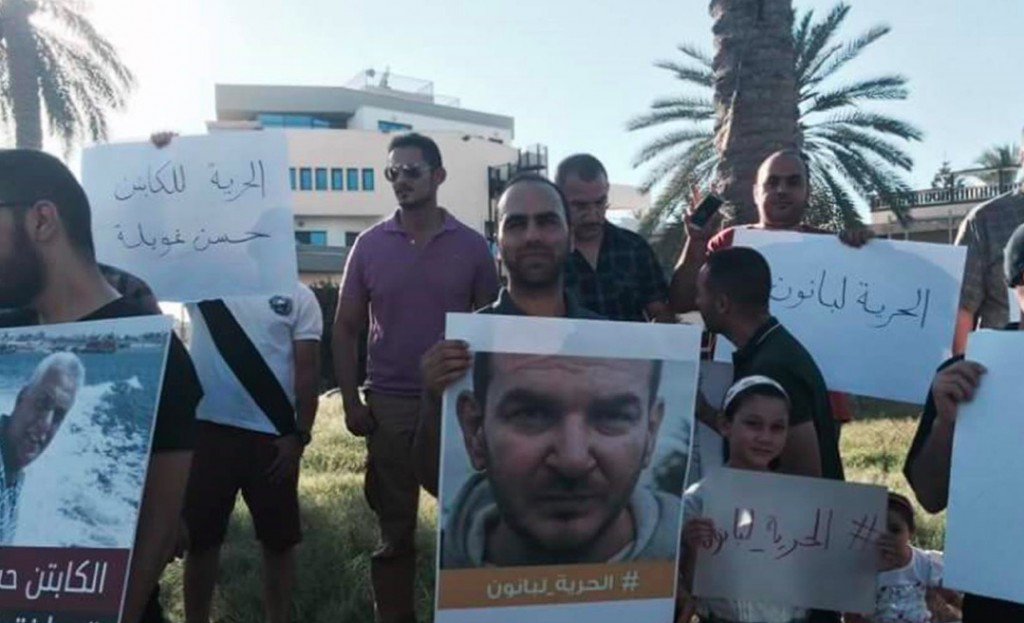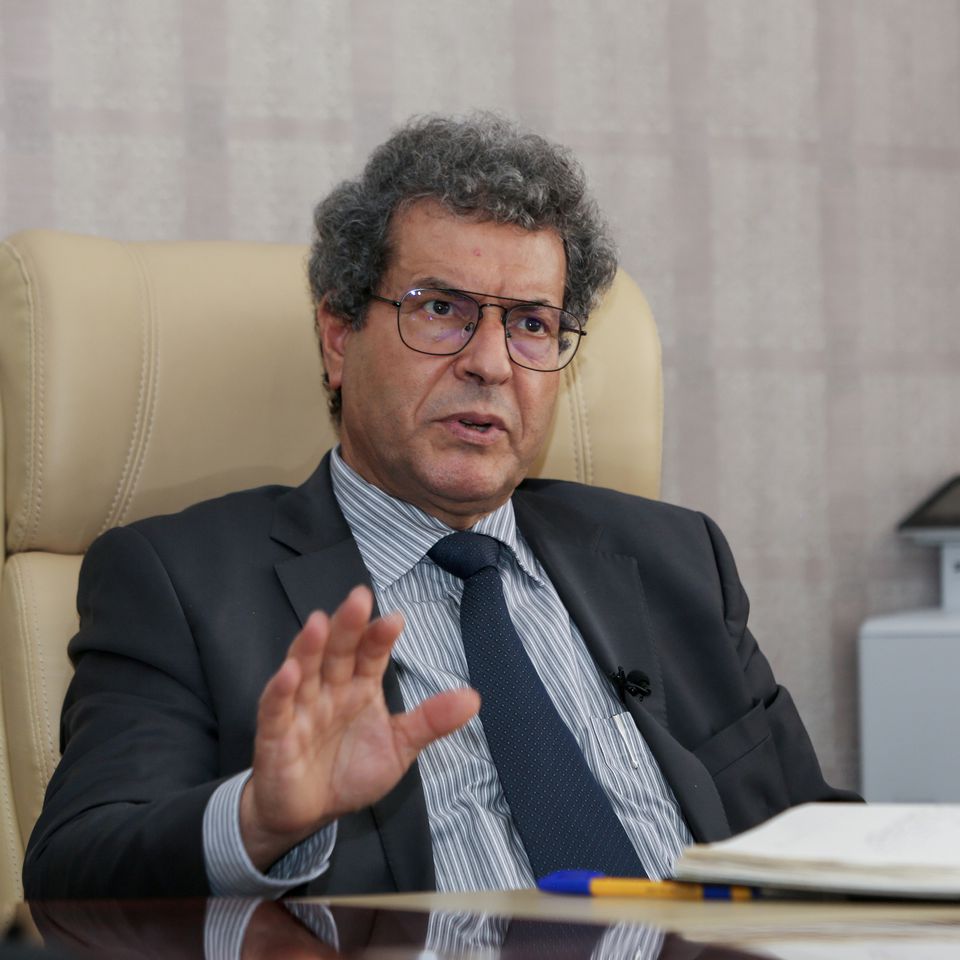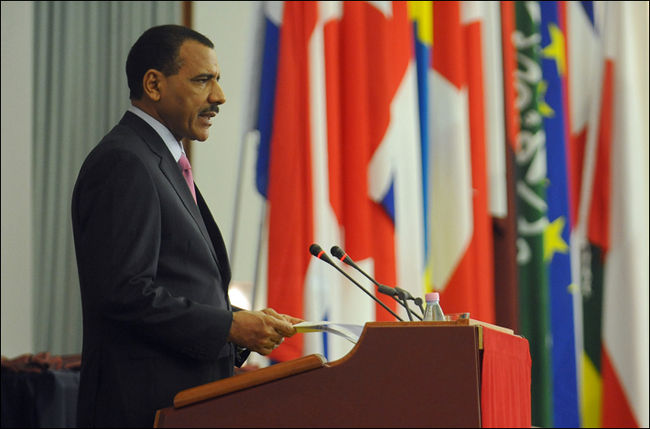 The 75 Libyan delegates from the two warring sides and the civil society attending the UN-sponsored Libyan Political Dialogue Forum (LPDF) in Tunis agreed Wednesday to hold elections in 18 months.
The 75 Libyan delegates from the two warring sides and the civil society attending the UN-sponsored Libyan Political Dialogue Forum (LPDF) in Tunis agreed Wednesday to hold elections in 18 months.
Head of UN Support of Mission, Stephanie Turco Williams made the announcement Wednesday adding that participants reached a deal on holding free, fair, inclusive and credible parliamentary and presidential elections.
The agreement according to the UN official also includes steps to unite institutions and help the return of displaced people.
The third day of the dialogue forum was devoted to defining the general framework for the formation of the next executive. This power will consist of a presidential council made up of a president and two vice-presidents, and a government of national unity that will replace the two powers currently in place.
However, discussions on the prerogatives of each body have been difficult, with each side wanting to get its own way.
According to an UN-drawn working paper discussed by the 75 participants, the President of the Presidential Council will lead the army, and appoint the heads of the foreign affairs and defense ministries, in consultation with the Prime Minister. The chairman of the presidential council will also appoint the heads of the sovereign institutions.
According press reports, the post of the president of this council was promised to Aguila Saleh, the current head of the Tobruk-based House of Representatives.
The government of national unity, which will be led by an official from the west, will be responsible for organizing the next general elections within two years, proposing draft laws to end the transition period, drawing up the state budget and managing the daily lives of Libyans.
According to the working document, it is up to the members of this political dialogue to endorse the government if Parliament refuses to do so.
Meanwhile, several officials refuse to entrust a long-term mission to the Tunis dialogue committee and prefer to see its work end with the announcement of the global political agreement.
Libya has been beset since 2011 by power rivalries and foreign interference that have divided the oil-rich African country and turned it into a failed state. Two administrations, the Government of National Accord (GNA) backed by Qatar and Turkey on one side and and an administration in the east, supported by Egypt, UAE, France and Russia, have been vying for the control of the Maghreb nation.
The two sides have been engaged in several negotiations in a move to end the chaos. The LPDF is part of the UN-backed efforts which also took place in Morocco, Geneva, Egypt and also in Libya.


